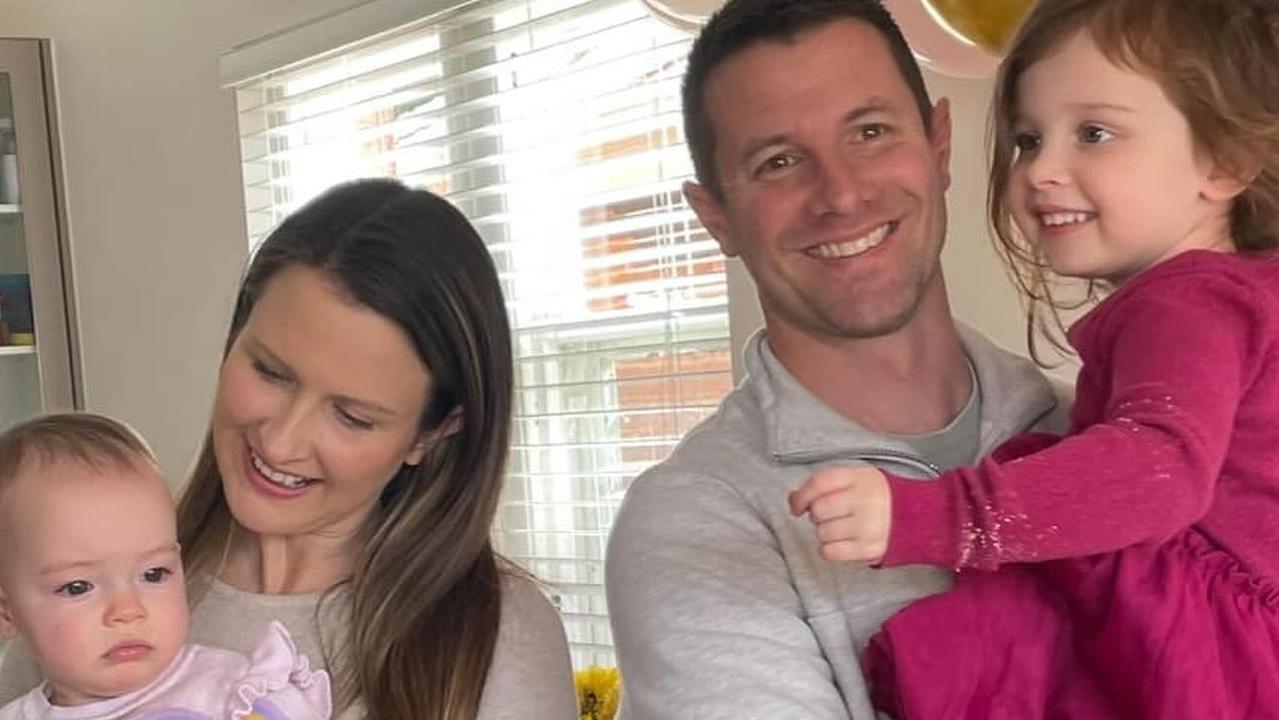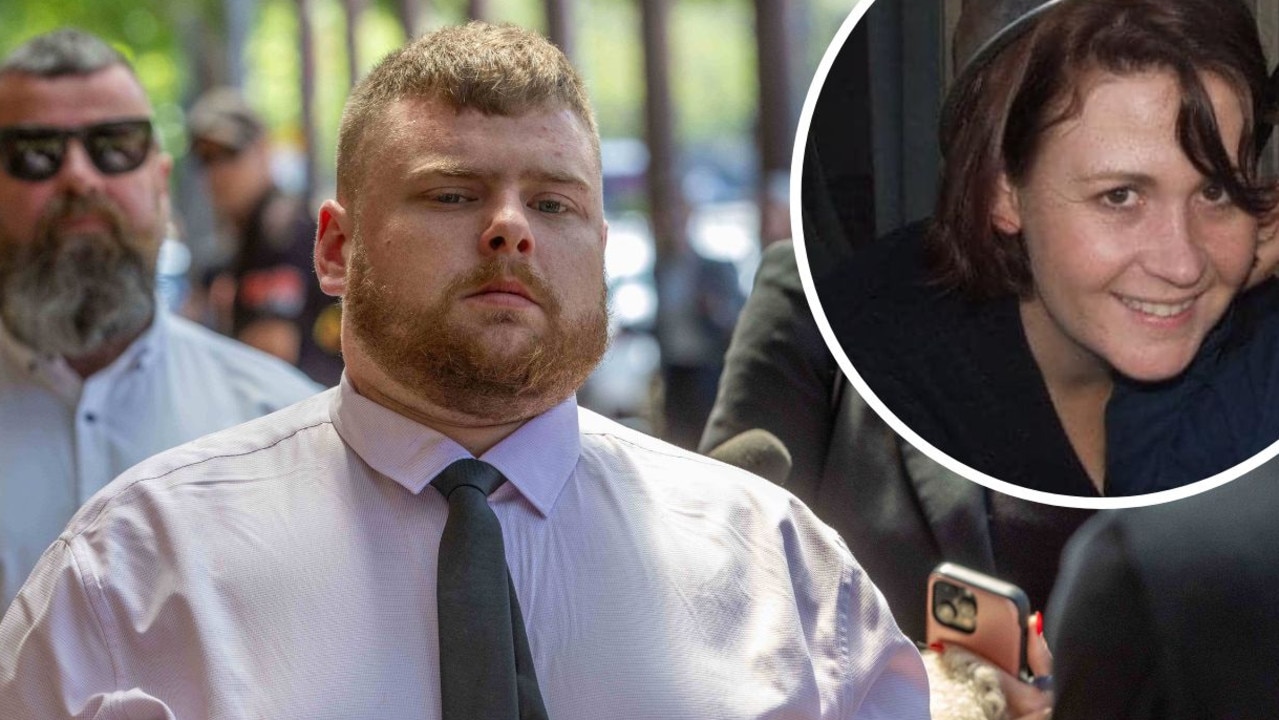Calls to stop Riverlea housing development on First Nations mass burial ground
A housing development is set to be built on a mass burial site of First Nations peoples in Adelaide’s northern suburbs.
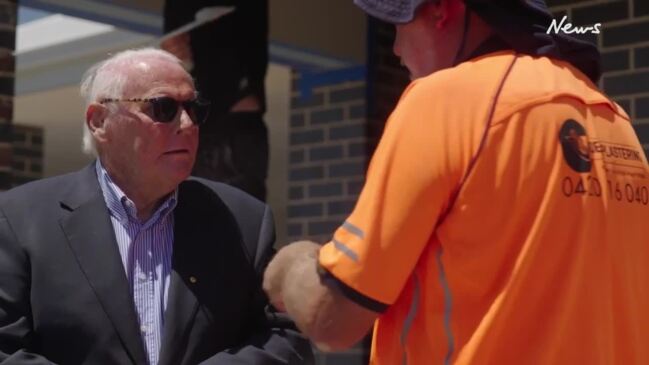
SA News
Don't miss out on the headlines from SA News. Followed categories will be added to My News.
A section of a housing development has been closed as developers continue to unearth bodies at an Indigenous burial ground in Adelaide’s northern suburbs.
It’s believed at least 31 individuals have been uncovered in two areas, with one of the sites already being sold to homebuyers and the other set for future sale.
The upcoming estate at Riverlea is set to eventually be home to 40,000 residents under a 15-year plan to build 12,000 homes, 30km from Adelaide.
The work was halted for a time in July after the discovery of ancestral remains was reported to police.
But speaking to SBS/NITV at the burial ground, Aboriginal heritage manager Alison Harvey said there could be hundreds more skeletal remains yet to be uncovered.
“The further west we go the more worrying it is,” Ms Harvey said.
“We are going to find more burials, it’s just a matter of when … this is unbelievably huge.”
The developer, Walker Corporation, is seeking authorisation from the state government to “excavate, uncover, damage, disturb or interfere with Aboriginal sites, objects and, or ancestral remains” as it is illegal to damage Aboriginal heritage without the permission of Aboriginal Affairs Minister Kyam Maher.
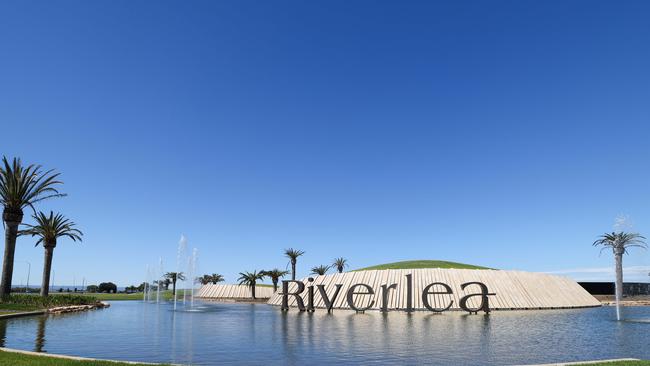
Currently the ancestral remains are being stored on-site in a shipping container, which SBS/NITV reports is a concern for many in the wider Kaurna community.
Mark Catanzariti, a Kaurna man, told the outlet he was angry that he only learned about the scale of the discoveries from leaked photographs of the site.
Mr Catanzariti and other Kaurna community members are calling on the state government to reject Walker Corporation’s application.
“How would you feel if that was one of your grandparents, great-grandparents, cousins or someone that was related to you being dug out of the ground like a science project?” he said.
“I’m sure they would say not very good.”
A spokesperson from Walker said the business continues to work closely with KYAC (Kaurna Yerta Aboriginal Corporation) representatives to ensure the respectful treatment of ancestral remains and to also ensure the most appropriate outcome is implemented as recommended by the Kaurna elders within KYAC”.
“Walker continues to take advice and direction from the Kaurna elders and the SA government as we work through the issues at hand and will be in a position to provide further details once the Kaurna elders and the SA government have had an appropriate opportunity to discuss and provide a way forward,” the spokesperson said.
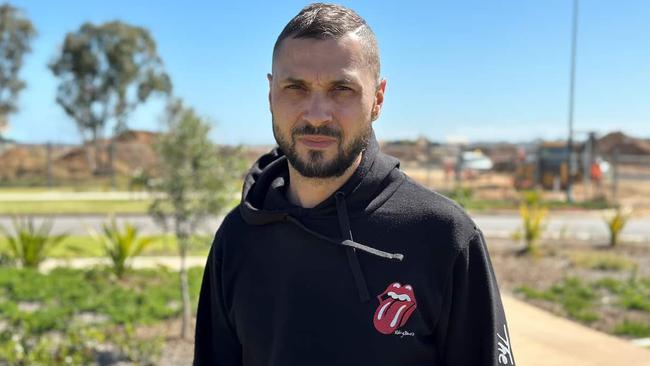
Mulla Sumner, a Kaurna man who lives near the development told SBS/NITV it was like “they still believe we are flora and fauna”.
“We are not going to put up with people digging up our remains anymore,” he said.
“They’ve done it enough, I think there are about 4000 remains in the South Australian Museum, and I don’t know how many thousand remains overseas.”
“Enough is enough.”
Kaurna/Narungga woman Roselyn Coleman is concerned that homes built over the burial grounds would be “a really terrible place to live”, especially for families with young children.
Ms Harvey said she is concerned about future homeowners coming across remains when they eventually dig swimming pools or foundations.
The $6b development is part of the government’s long-term plan to solve the state’s housing crisis.
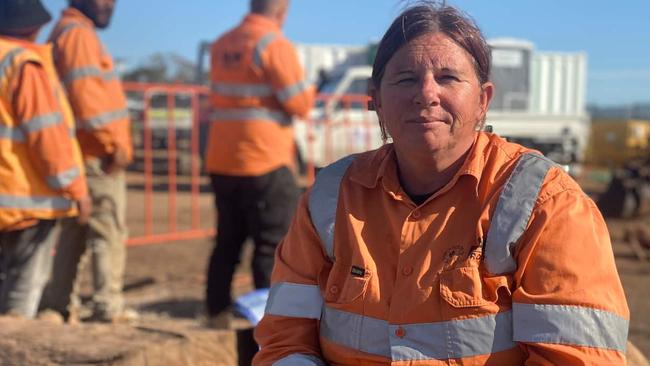
According to SBS/NITV it is rare to find a rich archaeological site of this nature that supports oral histories and is so close to Adelaide’s CBD.
The Aboriginal Heritage team has already found more than 1200 artefacts including spear and boomerang tips and items not usually found in South Australia.
“It gives you an idea of how heavily populated this area was, how much of a campground it was and how many families may have been living here,” Ms Harvey, who has been working in heritage and repatriation for thirty years, said.
“We’ve also found artefacts that you don’t find on the Adelaide plains – and that tells you a story that this was a trading ground too.”
The office of Aboriginal Affairs and Reconciliation (AAR) said it believed the remains have been managed appropriately to date.
“AAR has been consulting on the developer’s application under the Aboriginal Heritage Act and expects to provide its final report to the Minister for consideration in the coming months,” a spokesperson said.
More Coverage
Originally published as Calls to stop Riverlea housing development on First Nations mass burial ground



